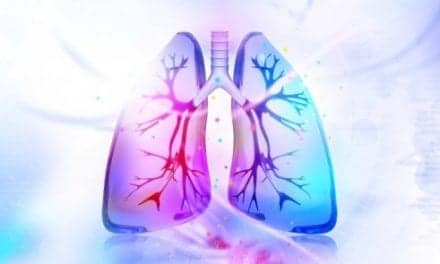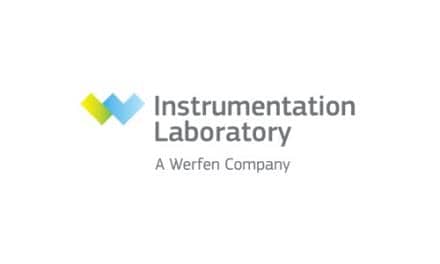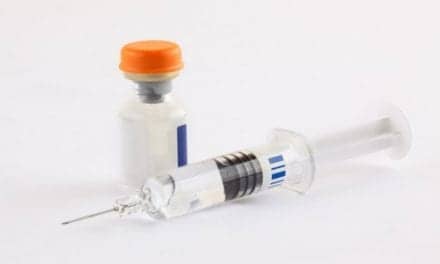A new study out of West Virginia University suggests one piece of life-support equipment, an extracorporeal membrane oxygenation machine, can be especially useful for treating some of these COVID-19 patients. But ECMO may be less helpful for COVID-19 patients who are older, who have preexisting conditions and whose heart function has deteriorated.
The findings appeared in ASAIO Journal.
An ECMO machine works by pumping someone’s blood outside of their body, oxygenating it and returning it to the body. In this way, the ECMO machine gives the lungs, and sometimes the heart, time to rest and heal. It can keep some patients alive when ventilators alone aren’t enough.
The research team analyzed 32 COVID-19 patients with severely compromised lung function who were supported with ECMO.
At the time of the researchers’ analysis, 22 of the patients–or 68 percent–had survived. Of those 22 patients, 17 were still on ECMO. Only five had been removed from ECMO and lived.
Those five patients all received a kind of ECMO that supports the lungs but not the heart. None of the patients who had lung and heart ECMO support had been removed from ECMO successfully yet. This disparity probably exists because patients who got ECMO support for both their heart and lungs were sicker to begin with, and their heart function was more compromised, according to the researchers.
“Insights like these help clinicians to “counsel patients and family members about the individualized risks and benefits of ECMO,” said Jeremiah Hayanga, WVU’s director of ECMO and a member of the research team.











I have COPD WITH EMPHYSEMA as the source. If I contract COVID-19, I do not want to be on a ventilator. Is ECMO an alternative option?